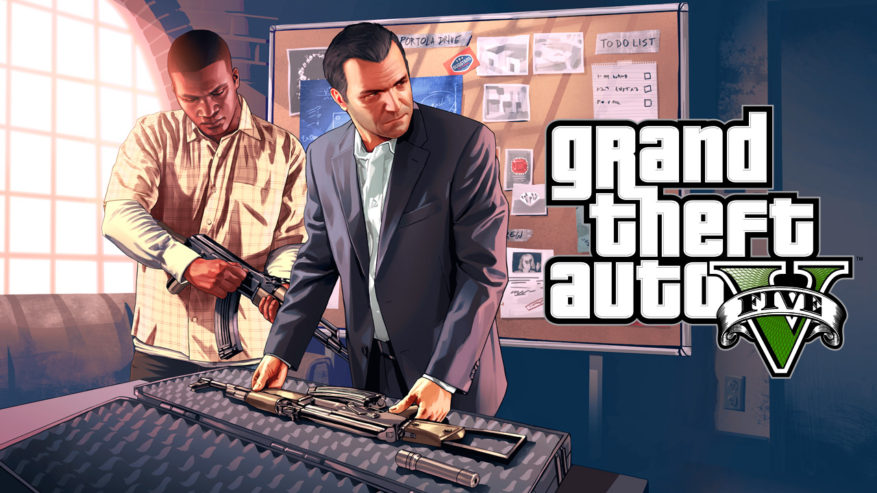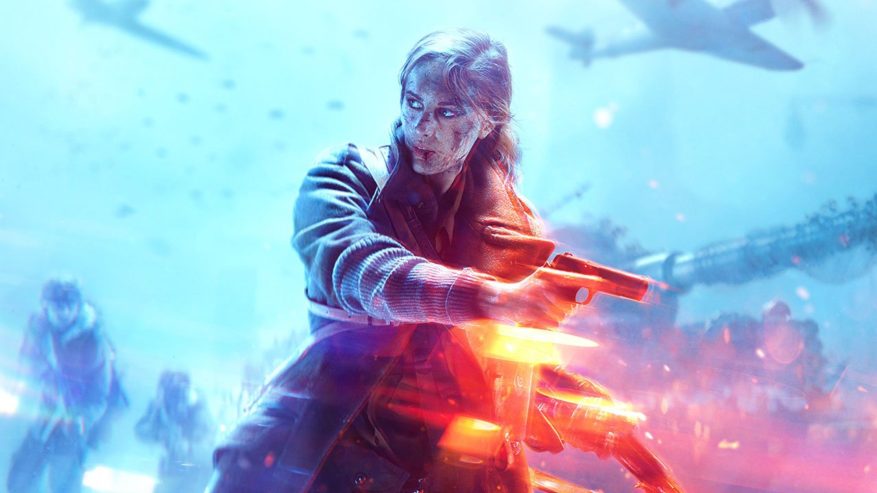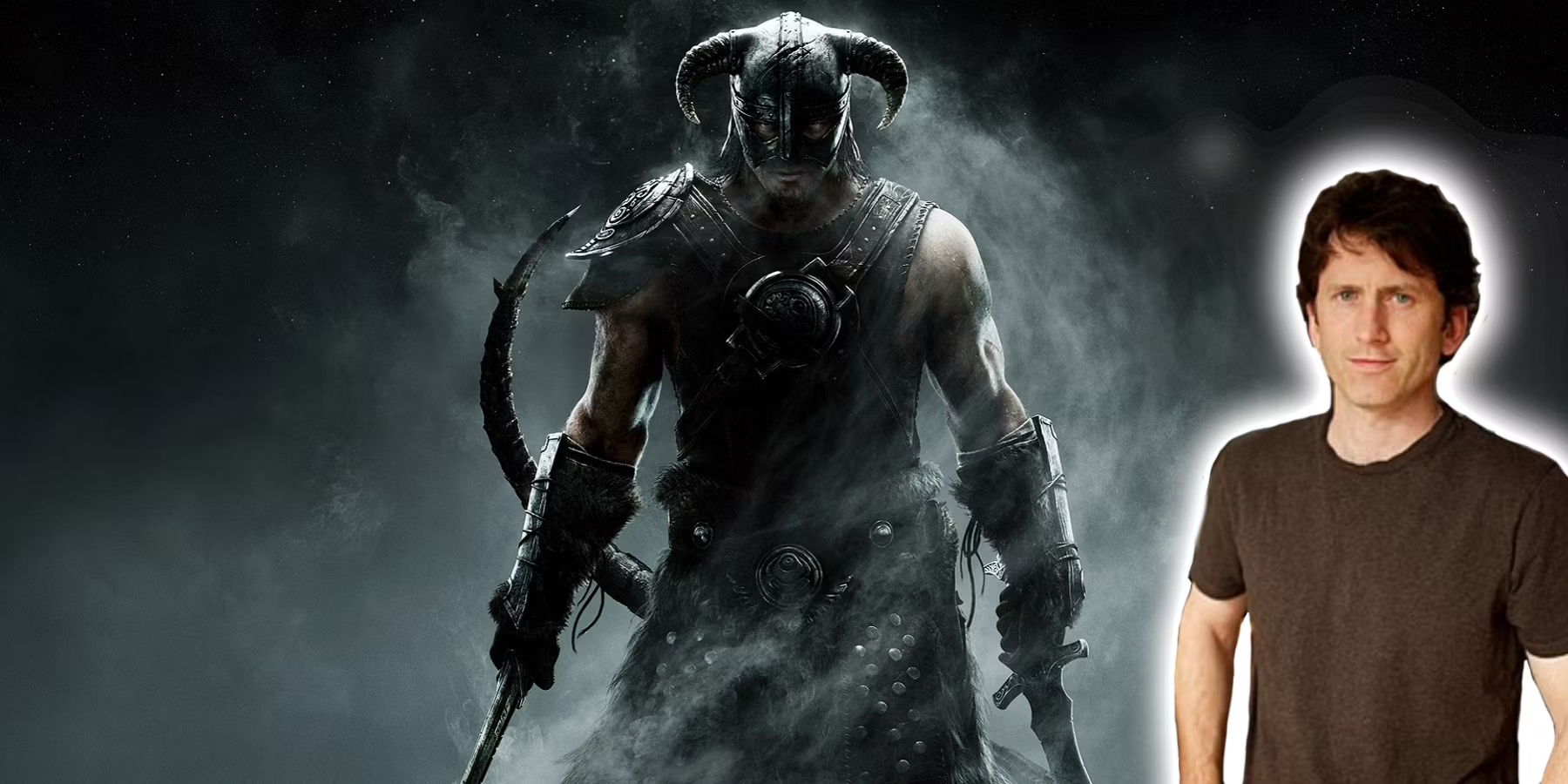Game developers: the ultimate form of evil. They gather in communes across the world, turning their gnarled hands over and over and cackling manically, plotting their evil schemes. Their goal: suck the breath out of every bank account on Earth. Their method: video games – the evilest form of thievery. Twisted, rotten publishers like the fabled “EA” and the unspoken “Activision” conjure these video games from their deepest bowels for the most sinister forms of greed imaginable. There is no heart, love, or soul flowing out of these companies – only micro-transactions and capitalism. How sickening…
Is this exaggerated a bit? Well, of course, it is – no industry can be labeled as evil incarnate – but for some, my rhetoric might not be too far from their feelings. After all, at a time when more and more developers are jumping into the aggressive micro-transaction market, who wouldn’t be screaming, “Make it stop!”?
And even the companies that aren’t being aggressive still have faults, right? “Nintendo is jumping on the mobile-market bandwagon,” some might say. “Square Enix is buying too many properties they shouldn’t focus on,” others might say. “Konami… well, Konami’s just doing everything wrong.”

Unavoidable Outlets
The gaming community criticizes developers for many things, pointing to them as proof that “they don’t care about their consumers!” The most recent controversies are micro-transactions and how more and more developers are incorporating them into their games. Who wants to throw even more money at a game they already paid total price for?
Sure, it’s aggravating, but it might be inevitable – many times, game developers literally have to incorporate micro-transactions and other less-liked forms of monetization to compensate for high-development costs.
Take, for example, Activision Blizzard. They made a massive amount of money from micro-transactions in 2017. Of the $7.16 billion revenue the company made, $2 billion came from micro-transactions in console and PC games like Destiny 2, World of Warcraft, Call of Duty: WW2, and Overwatch (source). Let me reiterate: two billion dollars. That’s on par with the amount Avengers: Infinity War made in its run at the box office – but just from in-game skins and items.
Even though there’s a massive outcry against micro-transactions, high profits like that are very difficult for any developer to turn down. The pressure to include micro-transactions to push forward the company’s success is increasing.
Appealing to the Masses
Another area that the “hardcore” gaming community has harshly criticized is companies making games for “casual” gamers. A prime example of this dilemma is Nintendo’s success during the Wii era; some of the top-selling games of that entire console generation were Wii Sports and Wii Fit, games that were panned by critics and rejected by “real gamers” but sold phenomenally well because of their wide appeal to folks not as interested in video games.
There’s also Activision and the Call of Duty series; these games continue to release to general criticism from the gaming community year after year, yet they all sell incredibly well to the general public and rake in lots of money for Activision.

The Reality
Is it aggravating when our favorite developers incorporate micro-transactions into their games or spend more time on “casual games” than on the reliable games we “real gamers” enjoy? Well, of course, it is! But that doesn’t make the reality any less real: companies will always make as much money as they can.
When it comes down to the wire, a business is a business. You’re never going to stop Sony or Nintendo from selling consoles to make a profit, just like you’re never going to stop Blizzard or Square Enix from charging monthly fees for World of Warcraft and Final Fantasy XIV for extra revenue. It’s just not going to happen. They have employees to compensate, utility bills to pay, legal patents and copyrights to file, and hundreds and hundreds of digital assets to create.
In case you weren’t aware, video games are very expensive to develop! Grand Theft Auto V, CoD: Modern Warfare 2, and Star Wars: The Old Republic all costed more than $200 million to develop and market, and more games like Halo 2 and Red Dead Redemption have surpassed the $100 million mark.
Compensation
What happens when a company spends millions and millions of dollars creating and marketing a product? Naturally, they will need to be compensated for that product to stay in business. If nobody bought GTA V when Rockstar released it, they would have easily gone bankrupt.
Thankfully, that didn’t happen – at the time of writing, the game’s made more than $6 billion in revenue (source) – but not all companies weight Grand Theft Auto behind their name. Many must resort to other outlets to increase revenue, whether it be through micro-transactions or less-liked “casual games.”

Planning Ahead
So I think we’ve reached somewhat of an answer to our initial question: Yes, video game developers will always be seeking after your money. They aren’t charitable organizations, they’re businesses with expenses and employees to pay. Keeping that in mind, however, I do believe it is smart for developers to, at the very least, feign loyalty to their fanbase.
Sure, EA may include pay-to-win monetization in the upcoming Battlefield V, earning them a boatload of cash. But is that good for them in long run? Does upsetting the most devoted fans help maintain a positive image into the months, years, and decades ahead? I don’t think so.
Mutual Respect
Here’s the moral of the story: If you’re a game developer, pay attention to your fans – not because you “owe” them something, or because they think it would be “easy” to include a certain character or mode when it really isn’t, but because it helps to maintain image. If you rip your consumers off every chance you get, and consistently drop the ball on expectations, you will slowly find your fanbase shrinking and shrinking into nothingness.
And fans, be understanding of developers in return. Understand that video game development is a long, hard, expensive process, and that no single company “owes” you anything. Respect that these professionals need to be paid what they deserve for their work, and that sometimes, that money may have to come through means that you aren’t necessarily happy with.
It’s a unique relationship: provider and consumer. So long as each side respects the other, we should all be fine.
Want to read more editorials like this? Follow us on social media for content as soon as it comes out.













